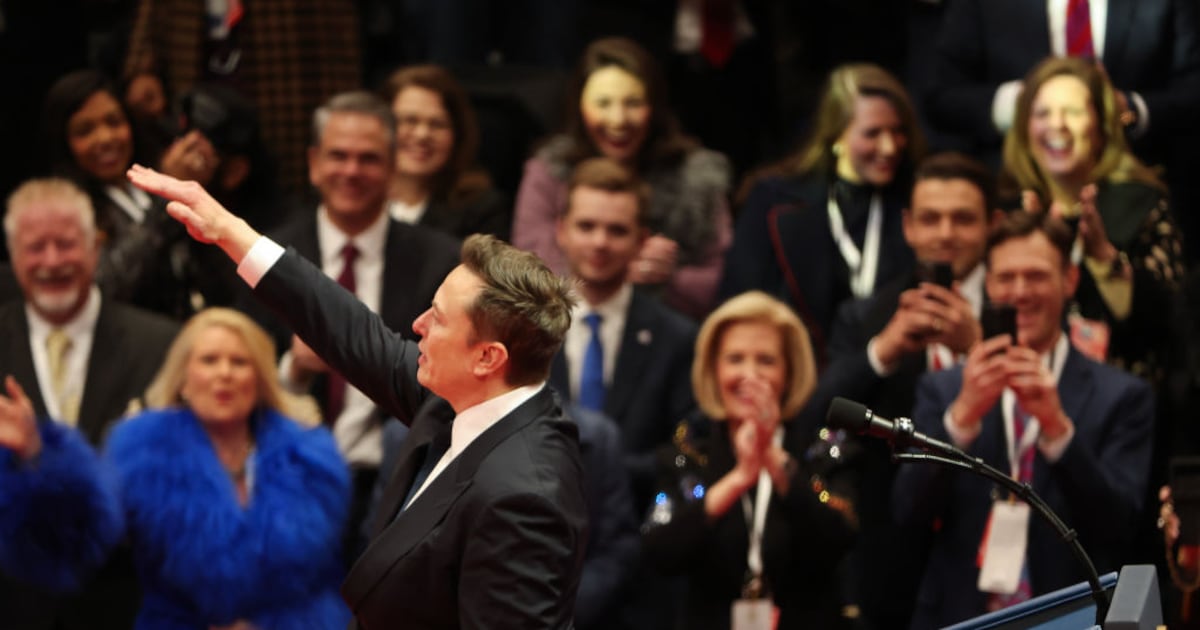
When President Obama appears in Denver this week to mark the first anniversary of his $787 billion stimulus, he will no doubt vigorously defend the biggest single spending bill in American history. As he signed the legislation, he said it would create or save 3.5 million jobs over two years. He also promised the largest new investment in our national infrastructure since President Eisenhower’s Interstate highway program; the largest investment in education in the nation’s history; a complete overhaul and modernization of our health care system; an unprecedented increase in spending on basic research; major steps towards energy independence; and substantial increases in aid to states and local government. He went on to say that in addition to what was in the stimulus program, he would stem foreclosures, reform the financial system, and restore fiscal soundness. One year on, where are we economically and politically?
In retrospect, the attempt to deal simultaneously with so many major reforms may have been a fatal mistake.
The president’s biggest accomplishment has been to avert a financial meltdown and deep depression. Politicians rarely get credit for something that didn’t happen, but in this case the president and his team deserve the highest praise. While no one should underestimate the impact of the gigantic stimulus, however, the rescue of the American economy was also due to other programs. After all, the administration could draw on the $700 billion TARP program to bail out failing financial institutions, and the Federal Reserve provided unprecedented help by lowering interest rates to zero and by buying up more than $1 trillion of mortgage-backed securities and other troubled assets.
The administration says it has saved or generated 1.6 million jobs—a claim not easy to verify, given fuzzy definitions. But whatever the precise number is, the challenge of unemployment became much greater than almost anyone imagined. Over 8 million jobs have been lost during the recession. Unemployment reached 10% of the population, some 14 million people. Last week the administration projected an average unemployment rate of 10% this year, barely declining to 8.2 % in 2012.
Economic growth has improved, but it’s hard to say whether it is artificial growth held up by government funds that will eventually peter out, or whether we have a sustainable expansion, propelled by the private sector.
As for state budgets, their collective deficits in fiscal 2010 will be $125 billion, while next year it is estimated to be $140 billion.
On other fronts, federal help to hard-pressed homeowners has been pitifully slow, and foreclosures have not abated, having reached 88,000 last month alone. Health-care reform is hanging by a thread, financial reform is stuck in Congress, and the cap-and-trade centerpiece of climate and energy legislation that Mr. Obama championed is dead.
The bottom line: after one year, the economic record is mixed. On the other hand, the political outlook may be more significant.
It is understandable that a president who campaigned on fundamental change and found himself in a deep financial and economic crisis on taking office would feel compelled to emulate President Franklin Delano Roosevelt by creating a blizzard of initiatives not just to get people back to work but to revamp the very foundations of the economy. But Mr. Obama inadvertently created a specter of runaway government with legislation that was hastily passed, contained thousands of pages of fine print, and involved highly visible backroom dealing. At the same time, he did not produce enough jobs, or help enough families stay in their homes, or hold enough banks responsible for the tragedies they unleashed. In retrospect, the attempt to deal simultaneously with so many major reforms may have been a fatal mistake.
As a result, the president aroused deep suspicion—even more, deep cynicism—in too many Americans about the ability of government to function, even aside from the question of its size. Moreover, he has caused the public to focus not just on the horrendous budget deficits of today—the largest relative to the GDP since just after World War II—but the gigantic debts that are projected well into the future, on current policies reaching almost 80% of GDP, and putting the country in dangerously unchartered territory.
The combination of deep distrust of government and the soaring financial obligations could well usher in a new era of politics: call it the politics of continuous retrenchment. It’s not just that we can forget about big-government initiatives in the future, but that there may be virtually no positive initiatives at all. All politics could be about how to shrink the national pie and who bears what proportion of that painful process.
Everyone’s taxes will be raised, not just a little but a lot. Every government program will be cut—the police and firemen, schools and prisons, and inevitably Medicare, Medicaid and Social Security, too. In the national security arena, the president announced a troop buildup in Afghanistan and a pullout date in the same breath, indicating, among other things, that the dollar cost of a longer engagement is too high (surely a first such explicit admission in American defense policy for over 70 years). U.S. contributions to global humanitarian causes such as health and disaster relief will also undergo the ax.
The American dream will have to be redefined in ways that President Obama could never have envisioned on February 17, 2009. A pessimistic view is that politics will take on a level of viciousness that stretches the national social fabric to the breaking point. An optimistic view is that a sudden lurch towards constructive bipartisan politics combined with American resilience, ingenuity and entrepreneurship will pull us out. We are in desperate need of that kind of Hail-Mary pass.
Jeffrey E. Garten is the Juan Trippe professor of international trade and finance at the Yale School of Management, and served in economic and foreign policy positions in the Nixon, Ford, Carter and Clinton administrations.






